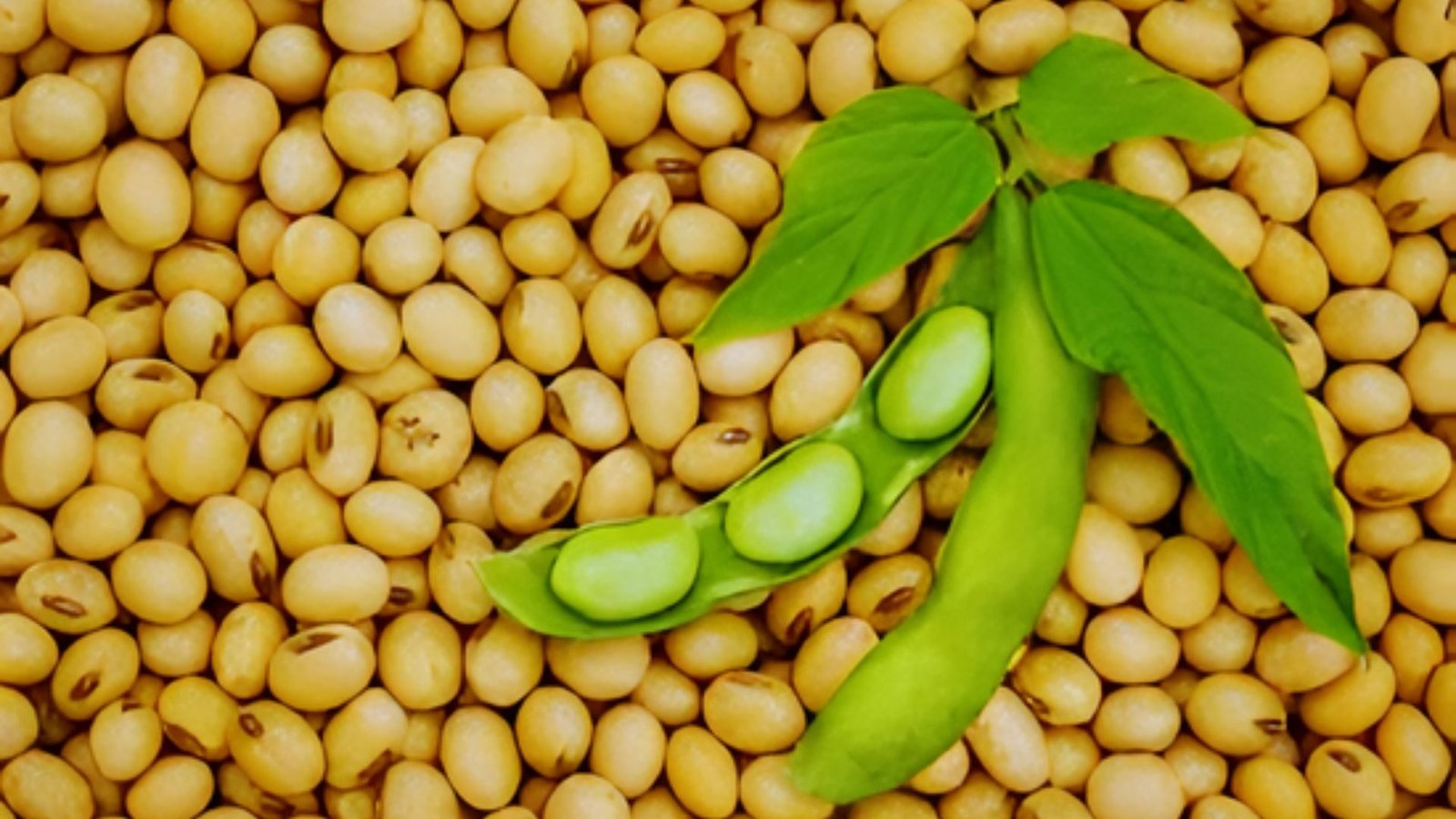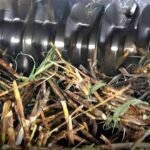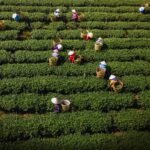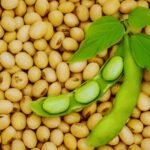By Muhammad Luqman
Pakistan’s dream of growing its own soybeans is getting closer to reality as local scientists achieve a breakthrough in Pakistan soybean production. They have created the country’s first climate-smart soybean varieties that can survive Punjab’s scorching summer heat of up to 45°C, something never done before.
“This is a big step because soybean usually grows in milder climates, like the United States,” said Dr. Hafiz Saad Bin Mustafa, Principal Scientist at the Oilseed Research Institute (ORI) in Faisalabad.
The ORI, part of the Ayub Agricultural Research Institute (AARI), has been working to adapt soybean to Punjab’s conditions since the 1980s. “It took nearly forty years of research to achieve this,” Dr. Saad said.
These new soybean varieties outperform all earlier attempts by other research groups that struggled to make soybean farming work in Pakistan. The institute has released three varieties — Super Soybean, AARI Soybean, and Faisal Soybean — while four more lines are under development to expand adaptability across the province.
Soybeans are packed with 40% protein and 18–22% oil, making them important for both food and animal feed. Growing them locally could cut Pakistan’s reliance on imported soybean meal and oil, which are key for poultry, livestock, and edible oil industries.
Dr. Saad identified the best areas for soybean cultivation in Punjab: Sahiwal, Okara, Lahore, Sheikhupura, Rawalpindi, Jhelum, and Sargodha. “Soybean can meet rising demand for edible oil, poultry feed, fisheries, and livestock,” he said.
He also highlighted the benefits for soil. “Being a legume, soybean fixes nitrogen and improves organic matter, which boosts soil health,” Dr. Saad explained. Including soybeans in crop rotation can strengthen agriculture sustainability in Pakistan.
The scientist urged the government to involve private industries, especially poultry and feed manufacturers, in developing a national soybean plan. “Contract corporate farming can make soybean cultivation profitable for farmers,” he said.
Dr. Saad added that with large-scale farming and a strong national strategy, Pakistan could cut soybean imports by up to 50% within five years and reach local production of 3 million tons. These non-GMO varieties also have export potential.
Pakistan Soybean Production Breakthrough
Farmers and industry experts welcomed the breakthrough but urged caution about commercial viability.
“Soybean competes with wheat and maize, so its profits must outweigh existing crops,” said Ebadur Rehman Khan, an agriculture economist and director at Farmers Associates Pakistan (FAP).
He added that expanding soybean could hurt wheat production if not managed carefully. “The government should focus on using barren or underutilized land for soybeans instead,” he suggested.
Procurement guarantees, he noted, are crucial. “Every grain must have a buyer, whether from the government or private sector, to give farmers confidence,” Khan said, recalling how sunflower growers in Punjab suffered when markets collapsed due to lack of buyers.
Long-Term Policy Needed for Poultry Feed
Dr. Abdul Karim Bhatti, former Chairman of the Pakistan Poultry Association, stressed the need for a long-term policy to ensure a steady supply for poultry feed.
“Without consistent soybean meal, poultry producers rely on maize or wheat feed, which is less nutritious,” he said. “A local supply can improve feed quality and reduce costs.”
Soybeans Improve Soil Health
Soybeans, being legumes, fix nitrogen and increase organic matter in the soil. Including them in crop rotation can strengthen soil fertility and make Pakistan’s agriculture more sustainable.
Best Regions for Soybean Cultivation
Dr. Saad highlighted Punjab districts such as Sahiwal, Okara, Lahore, Sheikhupura, Rawalpindi, Jhelum, and Sargodha as ideal for soybean farming, capable of meeting domestic demand in food, livestock, and poultry sectors.
Reducing Import Dependence
With heat-tolerant, high-yield soybean varieties ready, Pakistan can reduce dependence on imported soybean meal and oil, potentially cutting imports by up to 50% within five years while boosting local production and export potential.
Author Profile
-
Muhammad Luqman is an experienced journalist specializing in agriculture, livestock, and rural development in Pakistan.
He writes insightful reports on government initiatives, economic potential, and policy impacts in the agriculture and livestock sectors, highlighting how local programs shape livelihoods and boost national and international markets.





